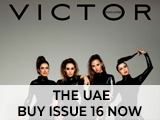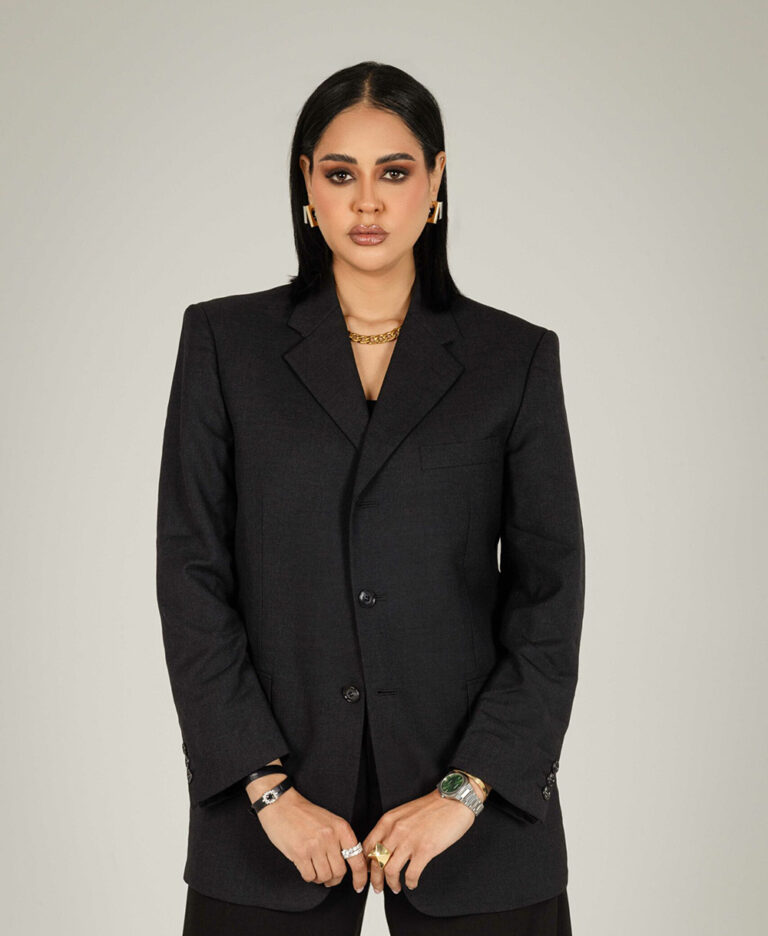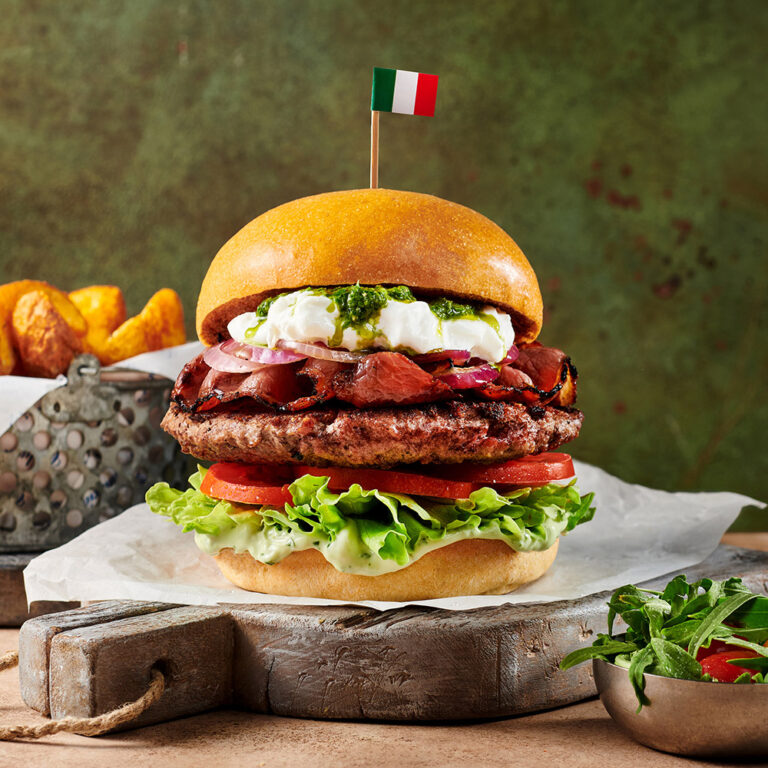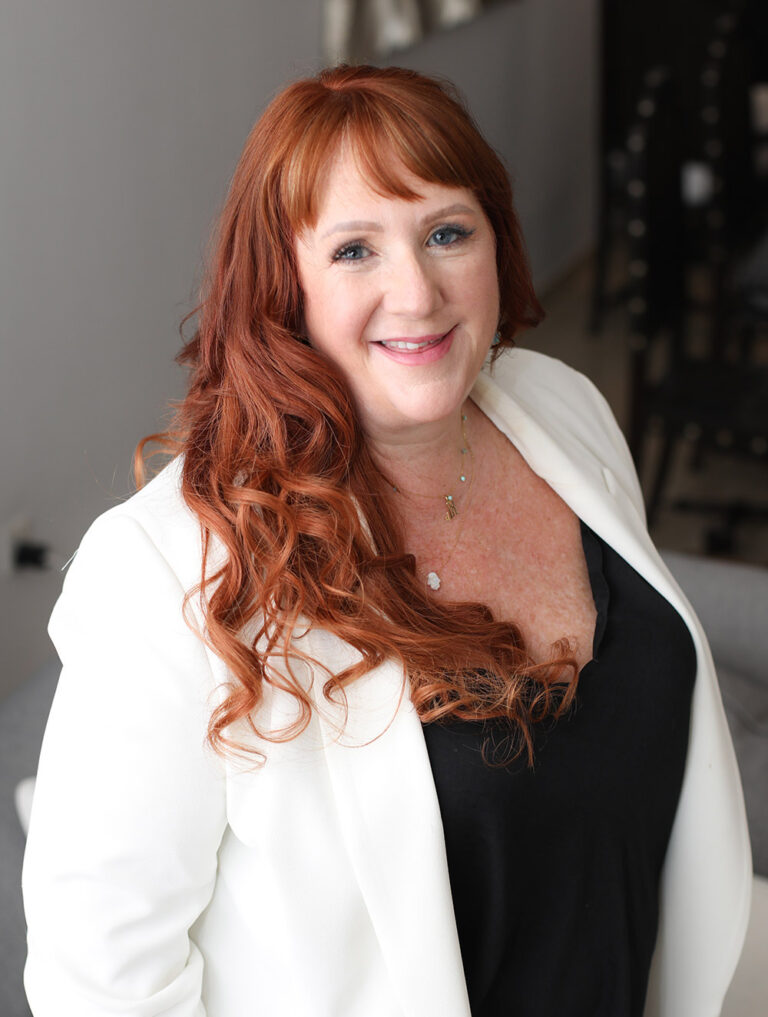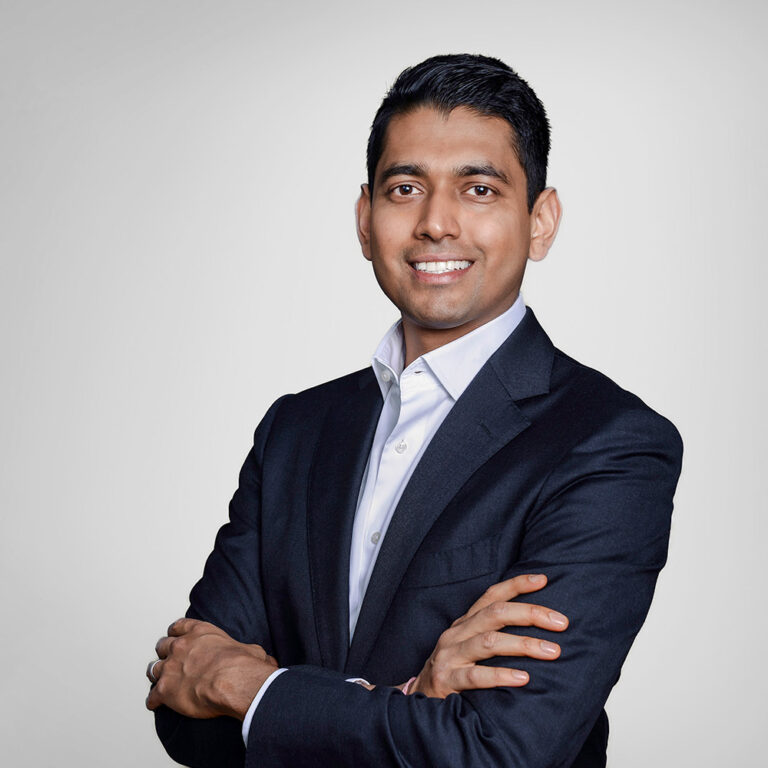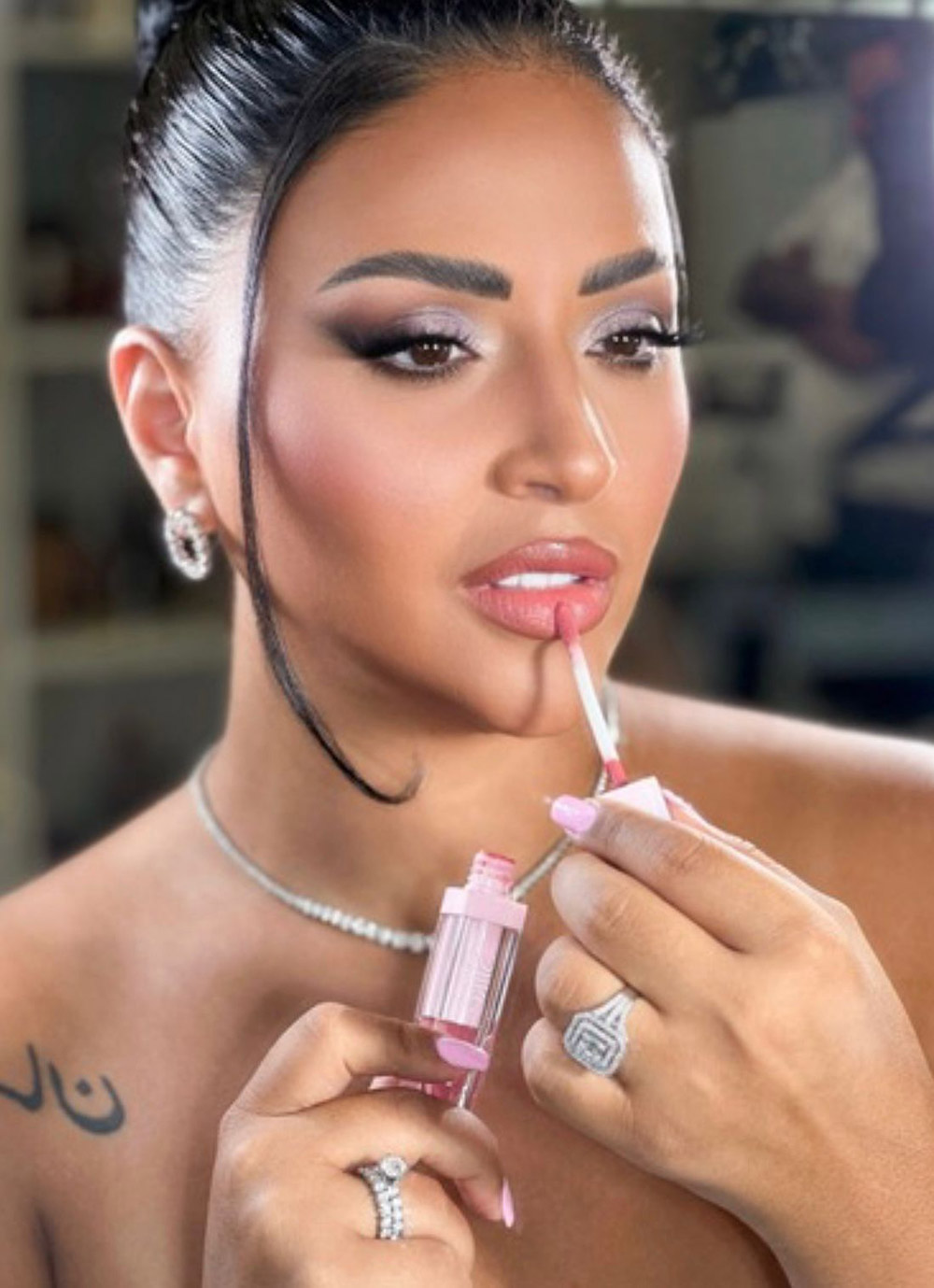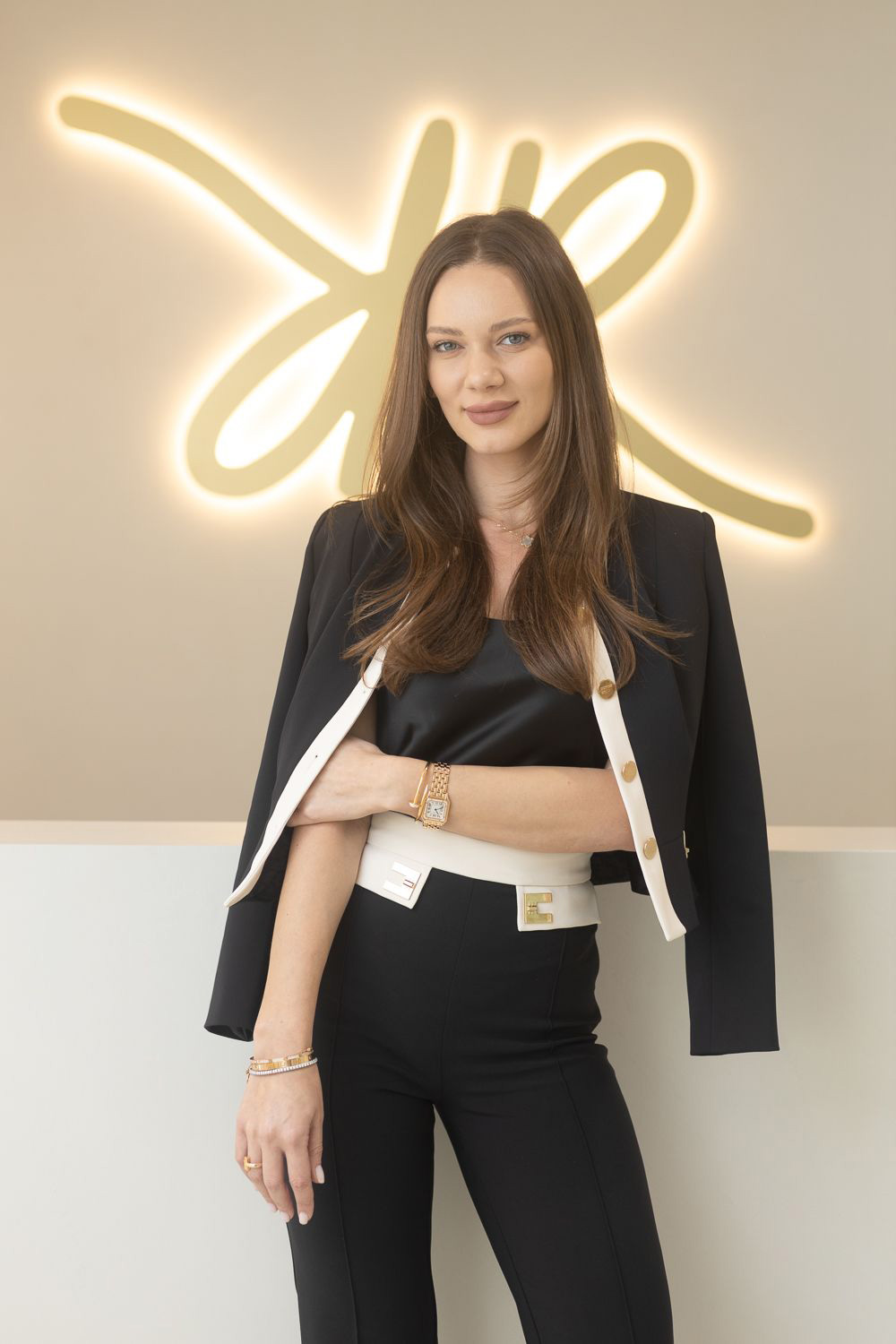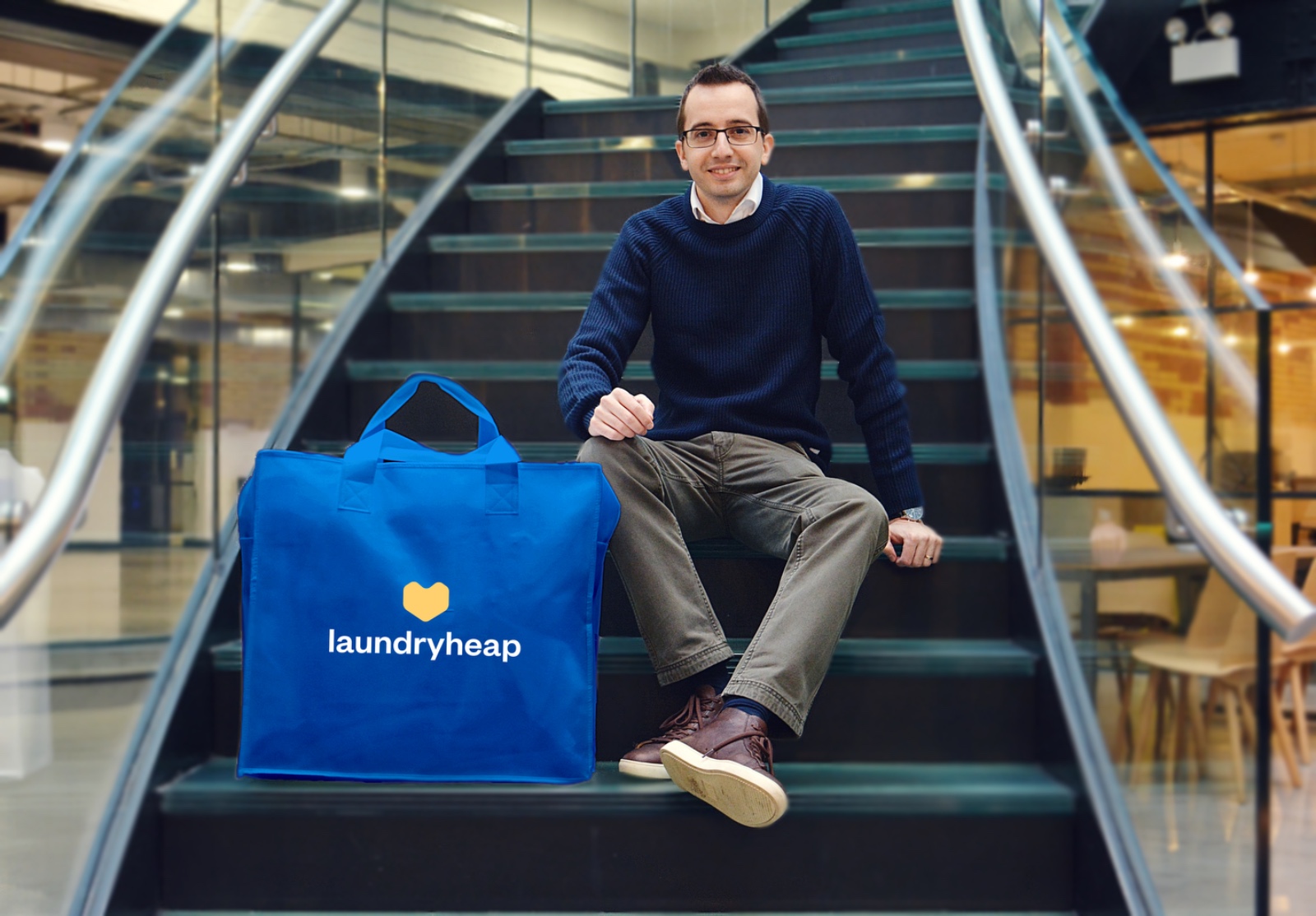
Dr. Maria Alonso
Staff Report
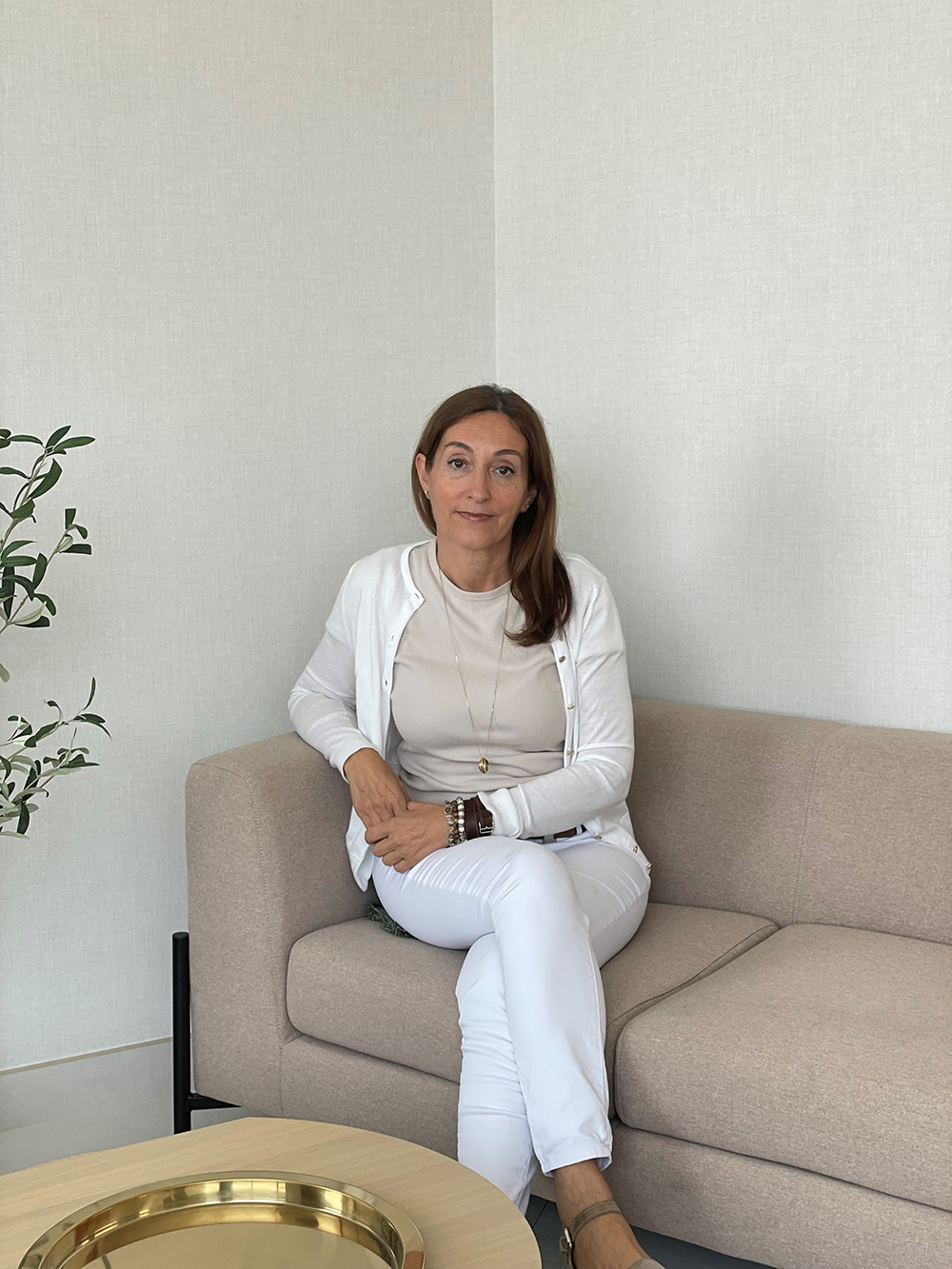
Co-Founder & Medical Director of Maison Santé, Dr Maria began her journey 17 years ago with the dream of bringing preventive medicine and holistic care to Dubai.
A pivotal part of this journey was her role as medical director at a leading medical centre for complementary medicine in Dubai, seeing and educating clients as well as raising public awareness about the importance of preventive and holistic medicine.
Dr. Maria Alonso obtained her medical degree from Rheinische Friedrich Wilhelm University, Bonn (Germany) and her Master’s Degree from Dresden International University (Germany).
She has worked in psychiatry and neurology at MHH Hannover, Germany.
Dr. Maria has additional training in homeopathy and naturopathy. Now she holds dual licenses in preventive and traditional Chinese medicine, specialising in lifestyle medicine, mental well-being, women’s health, fertility and gut health. Living in Dubai has given her a unique expertise and appreciation of the diverse culture and lifestyle, allowing her to provide a highly personalised, compassionate approach that empowers both men and women to live their brightest, healthiest life.

- Are you seeing more people with mental health issues?
Since the pandemic started, I have noticed most patients that come and see me – even for other problems like headaches, digestion problems or hormonal imbalances – have some other issues, mostly anxiety, low mood and mild depression.
In my practice questions regarding how clients feel, how their mood is, and how their stress, energy or joy levels might be, are always part of every assessment I do.
I am a firm believer that physical and mental health go together and influence each other. Imagine you have chronic headaches or even back pain. This will influence your overall wellbeing and daily life and thus it will affect your mood and/or mental health. Imagine being at work, with your friends and family or even on a vacation suffering pain or just not feeling well. It will have an impact on what you do, and how you will experience the day.
- What’s one top tip we can all do to protect our mental health?
Getting enough sleep at regular times and eating a healthy, balanced diet. Lack of sleep and irregular sleep can make you feel tired, less focussed and more edgy and irritable the next day, even more so if this happens on a regular basis. It can also create muscle tension and trigger tension-type headaches.
Food and mental health are closely connected. Depending on what you eat you can promote and improve mental health or make it worse.
Nowadays, there is even a category called nutritional psychiatry, where the beneficial effects of food on mental health are promoted as part of the treatment. Eating a diet rich in Omega 3, polyphenols and anti-inflammatory spices can be protective and helpful.
On the contrary, a diet high in processed food, sugar, gluten, MSG and trans fats, for example can have negative effects on mental health. Gut issues due to poor diets can promote inflammation in the gut, and 80% of our serotonin production (the so-called ‘happy hormone’) happens in the gut, so just do the math!
And, of course, regular exercise is a mood booster, proven by science! So, getting your body to move can improve mood and self-esteem, as well as reducing anxiety.
- What sort of treatments do you offer for mental health? Which are most popular?
All treatments that improve wellbeing improve mental health. That means improving conditions with pain, gut issues or hormonal imbalances will by themselves improve mental health.
I like to work with high quality supplements which when used correctly can improve mood, anxiety and mild forms of depression, which is what I mostly see.
At Maison Santé we combine that with IV infusions and laser IV treatments. The laser IV treatment with a yellow laser improves serotonin metabolism, which improves mood and has antidepressant effects.
- Are mental health issues universal, or would you say there are specific concerns in different regions?
I believe mental health issues are universal, people just have different reasons to feel unwell. This region is, for many, a high-stress work related environment, with a lot of pressure to perform and it’s also highly competitive. That can create anxiety, burn out and depression.
- If we agree prevention is better than cure, what can we do if we feel things are getting tough?
The first step is to always be aware of it. And find someone to talk to about it as soon as possible to get a different perspective. Are symptoms mild? Or are they affecting your sleep, performance and how you manage your day – or perhaps affecting your relationships? Then it’s time to get professional help. And if suicidal thoughts are there then a psychiatrist is the person to see immediately.
- How can we recognise signs of failing mental health in our loved ones?
Often, it’s noticeable in the little things, like poor sleep or more fatigue, less motivation and a lack of initiative to do things that were enjoyable before. Sometimes it can be changes in appetite, less willingness to socialise, or withdrawal.
- What do you see as major causes of mental health issues?
Mostly, I see issues related to situations in life, problems at work or in relationships, or the death of loved ones. But often, you cannot see an obvious reason.
- Is enough being done in the UAE to help those with mental health issues?
In the UAE as well as in other parts of the world awareness has increased exponentially since the pandemic, with press and social media being very helpful on this journey.
We now have helplines, platforms and groups to help people discuss their (potential) issues and gain help. I believe finding help is now much easier, with many clinics even offering teleconsultations and support online.
- What factors are draining our mental health every day without us realising – or that we should be cautious of?
As mentioned earlier, a good lifestyle is the basis of good mental health. Modern habits such as overuse of social media and social isolation can be risk factors.
- What school of thought does Maison Santé subscribe to when it comes to mental health, and recovery?
Maison Santé focuses on prevention, and on noticing little red flags before they become issues. That is what holistic treatment means. If you come with physical symptoms, we will still ask questions related to mental health and see possible connections.
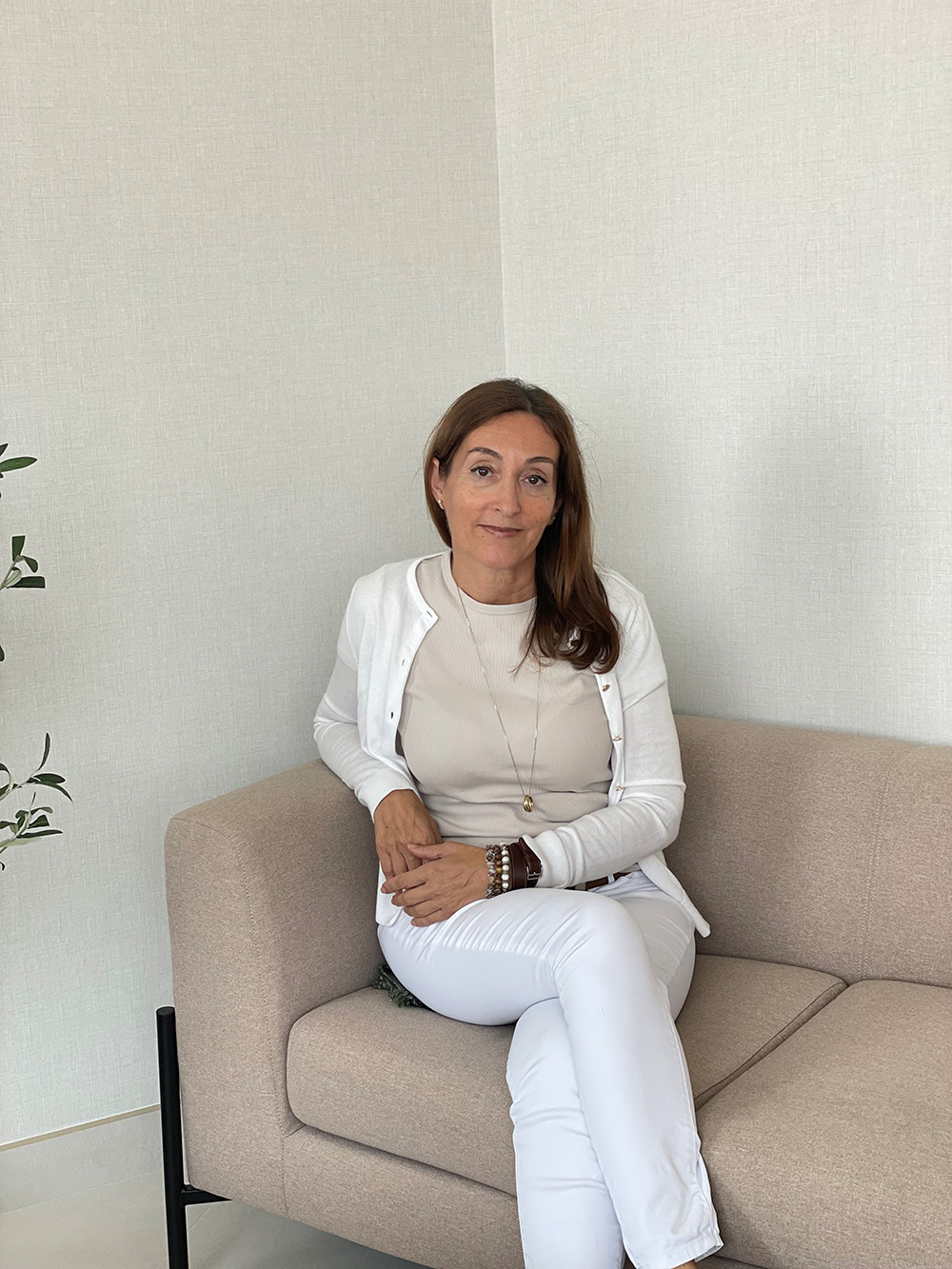
By Author

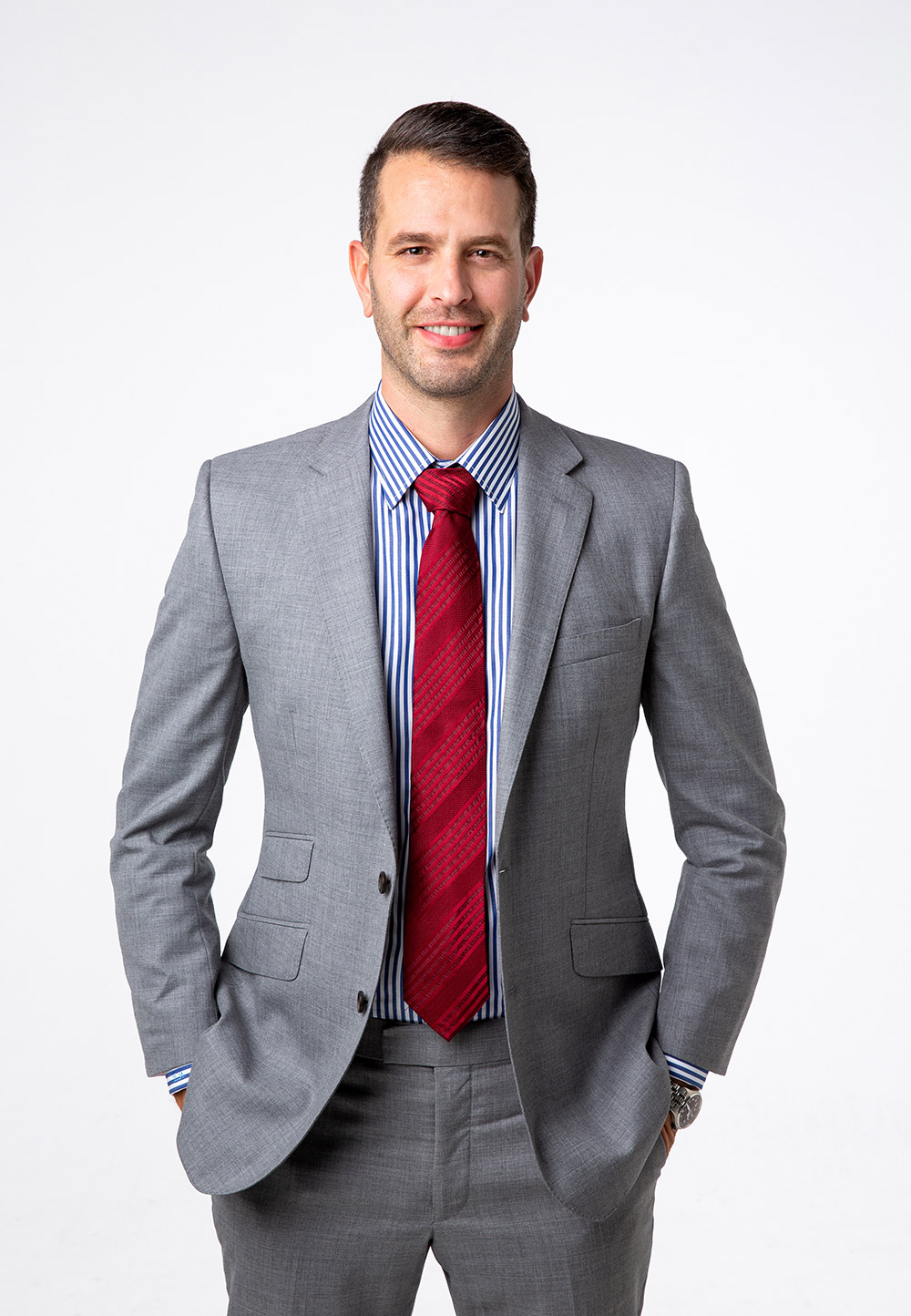
Beyond the Sale: Elevating Dubai’s Luxury Real Estate with a World-Class Hospitality-Driven Approach
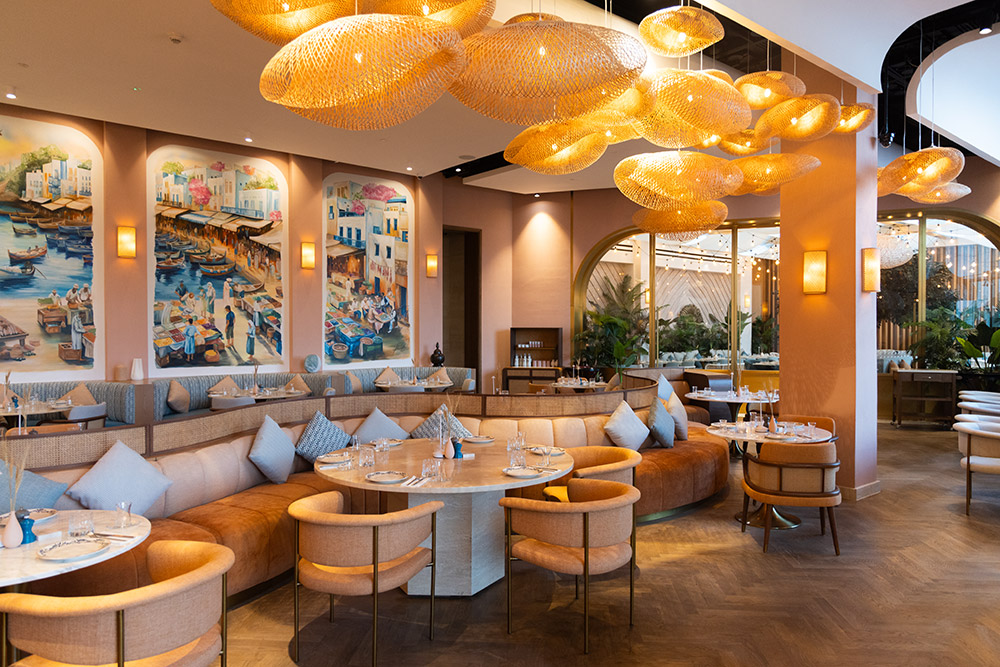
AVLU Brings Aegean Flavors to Abu Dhabi: A New Dining Destination Inspired by Greece and Turkey
no related post found
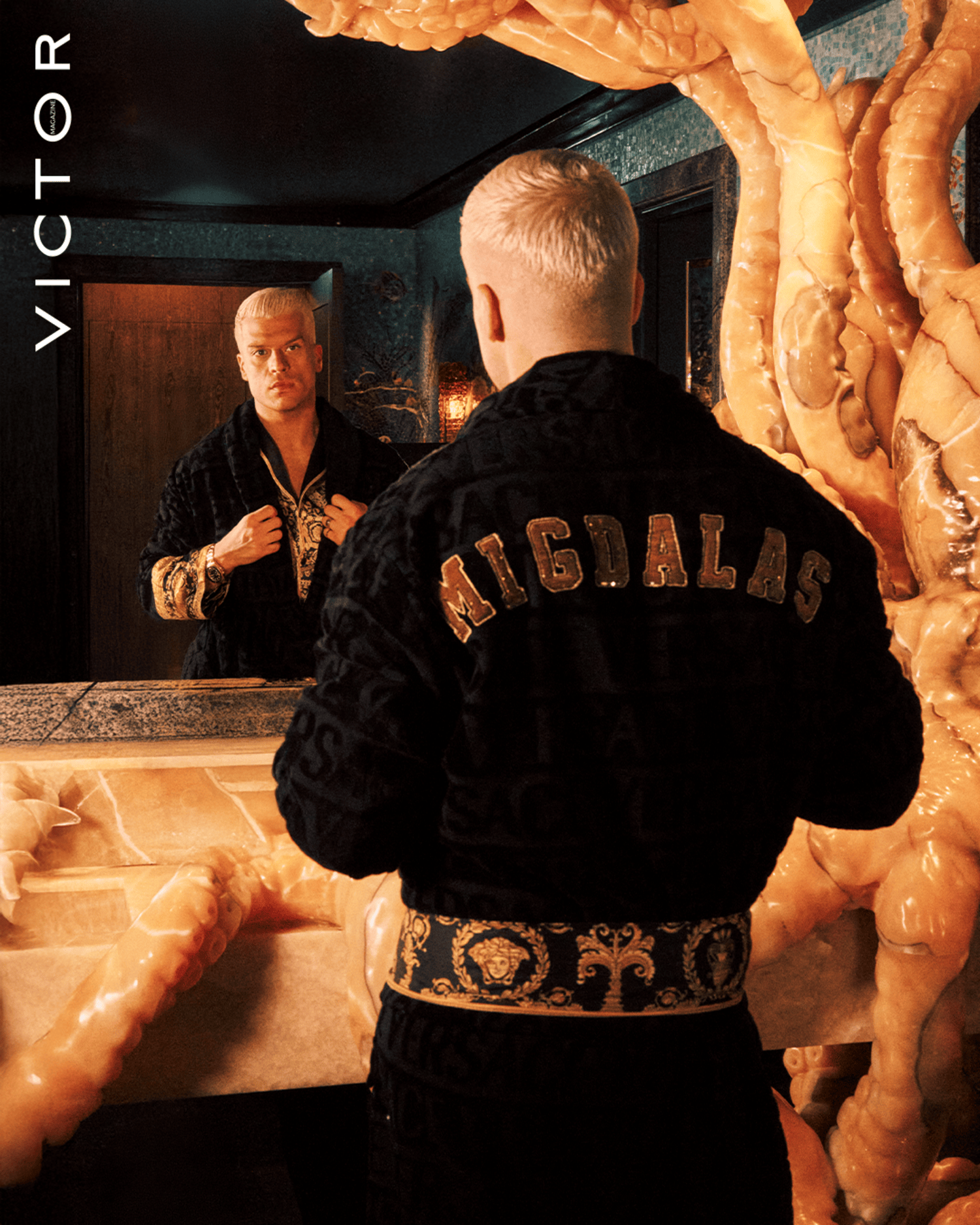
Beyond the Expected: John Migdalas on Today’s Luxury
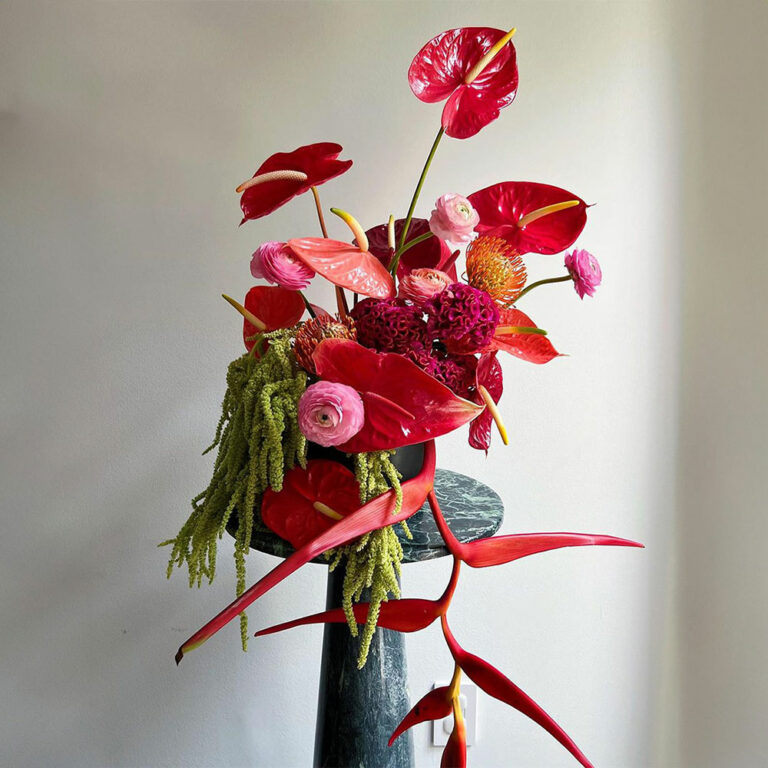
“Flowers are our favorite F word!”

Indulging in Love and Flavor at Playa: A Valentine’s Day Delight

Beyond the Expected: John Migdalas on Today’s Luxury
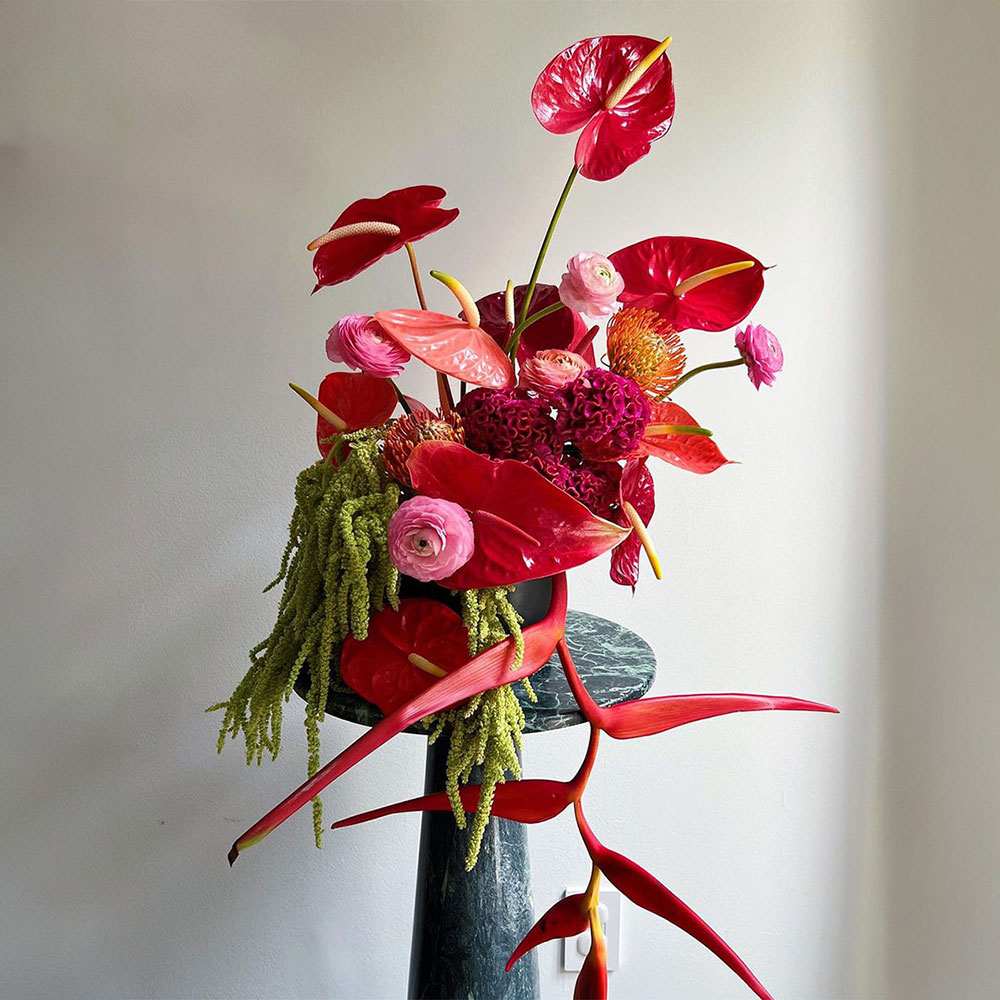
“Flowers are our favorite F word!”

Indulging in Love and Flavor at Playa: A Valentine’s Day Delight




